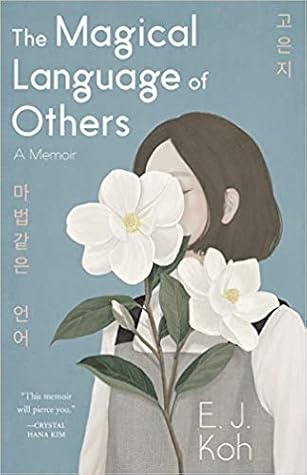More on this book
Community
Kindle Notes & Highlights
Forty-nine letters were discovered after an unknowable number had been trashed or forgotten. In Buddhist tradition, forty-nine is the number of days a soul wanders the earth for answers before the afterlife.
There is a Korean belief that you are born the parent of the one you hurt most.
Children have no concept that every moment comes to end, but rather feel as though their suffering, at present, will last for an eternity.
If you have no suffering, you have no story to tell—isn’t it true?”
“When you age, wrinkles don’t make you older. They make you look more like yourself,” she warned me. “Everything comes to the surface eventually.”
Languages, as they open you, can also allow you to close. When I felt myself running toward seclusion, I heard my grandmother and my great-grandfather urging me to try—and how much harder one must try when learning to love. She never asked me to speak but to understand, rather than endure to forgive, and never to sacrifice, only to let go.
“Forgiveness doesn’t need a reason. It doesn’t follow a logical thought, so it frees you from having to be reasonable.”
“You can say whatever you want—if you reckon with it.” Joy asked me to be relentlessly forgiving and magnanimous toward all conditions of human life, and equally toward those of my own. She encouraged me to look closely, and said poetry would teach me how to pay attention and show me how to care. I must choose love over any other thing. Then, the world would open up for me. “Do you see now?” she asked me. “That’s why a poem is more than just words—it’s why poets have everything.”
“My parents didn’t give me happiness,” I said. “But they set me free. They gave me freedom.”
They say a person has so unique a set of meanings we ought to be incapable of understanding each other, yet we speak and teach as if by magic.


